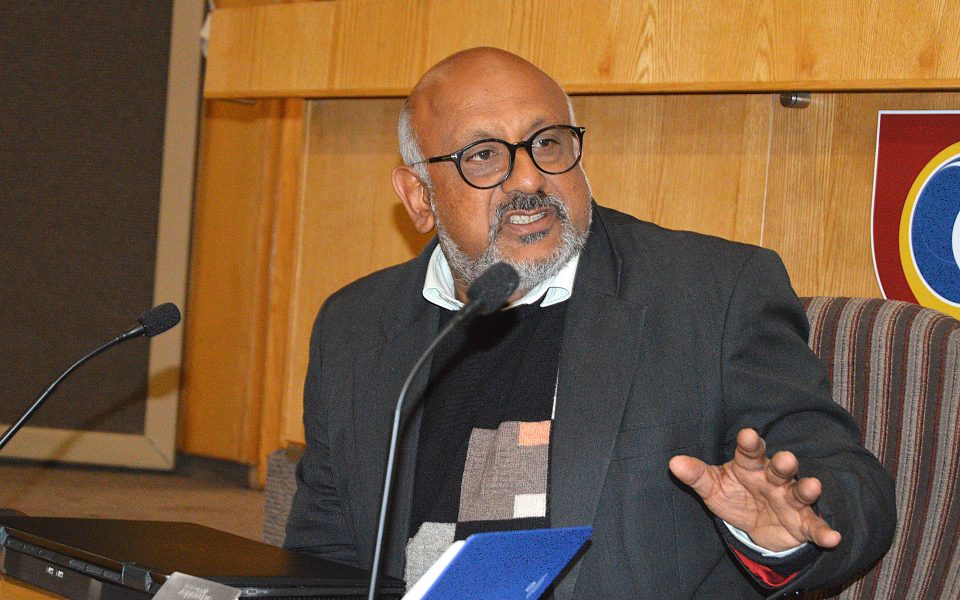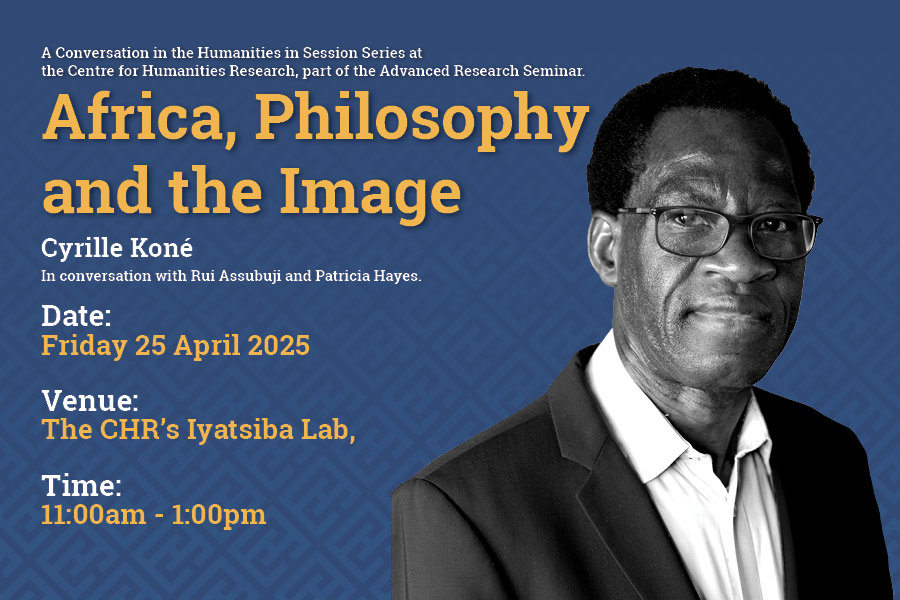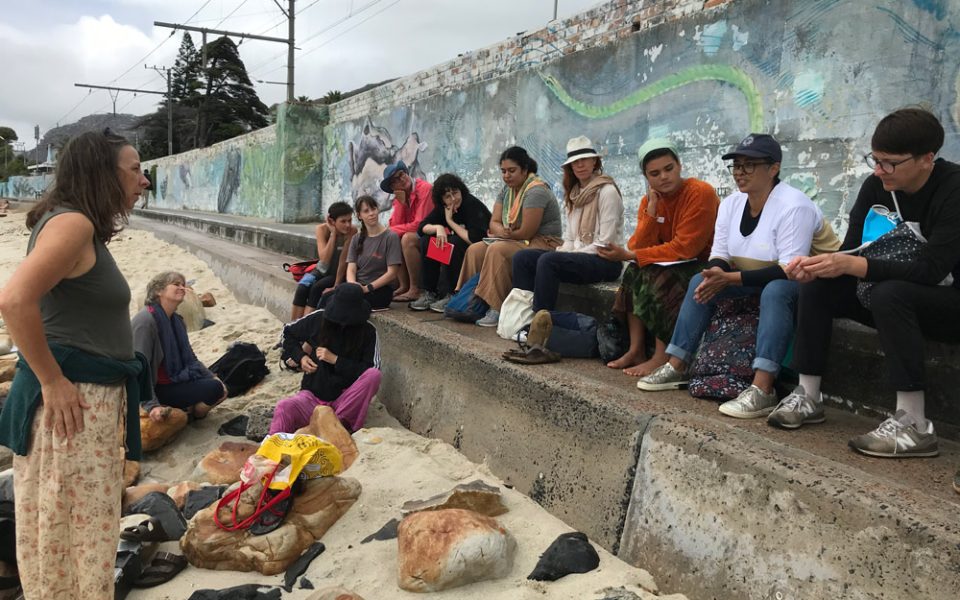International Consortium of Critical Theory Programs

In December 2016, the Andrew W. Mellon Foundation awarded a three-and-a-half year, $1,525,000 grant to the University of California, Berkeley and $1,020,000 to Northwestern University to establish the International Consortium of Critical Theory Programs (ICCTP). The task of this international consortium is to document, connect, and support the various programs and projects that now represent critical theory across the globe, especially in light of contemporary global challenges to thinking about democracy, violence, memory, and the critical tasks of the university. The Consortium rests on the view that critical theory is not only an important interdisciplinary field of research and teaching within the university, but crucially informs the university as an institution charged with the task of safeguarding and promoting critical thought. The Consortium is co-directed by Professor Judith Butler (UC Berkeley) and Professor Penelope Deutscher (Northwestern University).
As a special project of the Program in Critical Theory at UC Berkeley, the Consortium maintains a multi-lingual website, criticaltheoryconsortium.org, that provides information on critical theory programs and initiatives throughout the world, seeking to connect projects that have for too long remained unknown to one another. The website features an interactive map and a growing directory of nearly 300 critical theory programs, centers, and projects from throughout the world, including programs in Africa, South and Southeast Asia, Latin America, the United States, Europe and its peripheries, the Balkans as well as the Middle East, Russia, and East Asia. The website links to journals and publishing series, archives, organizations and networks, summer institutes, fellowships and potential scholarly affiliations. The platform is currently searchable in English, Spanish, and French.
The Consortium will also publish a book series, Critical South, with Polity Press supporting translations from Spanish, Portuguese, and French, as well as an online journal called Critical Times: Interventions in Global Critical Theory, and will convene biannual conferences focused on contemporary critical issues of global concern. The Consortium also invites international scholars to engage with faculty and students through UC Berkeley’s Program in Critical Theory. Under the direction of Northwestern University, a curricular initiative of the Consortium, Critical Theory in the Global South, will develop new teaching curricula reflective of critical theory’s global reach in conjunction with an associated program of international faculty and graduate student exchange and a translation project. It will allow the establishment of new international cooperative relations among critical theory scholars through cross-university projects linking institutions in Latin America, North America, and South Africa. The Consortium also supports the University of California, Irvine Libraries Critical Theory Archive Research Resources Development Project, which will expand the Archive to more clearly reflect the global reach and shape of the field.
With all of these initiatives, the Consortium seeks to establish the new global contours of critical theory today, supporting critical thought both inside and outside the university in the arts, humanities, and social sciences, and seeking collaborative ways to become more responsive to pressing global challenges. The Consortium undertakes both to preserve and to galvanize the study of critical theory in its myriad global forms, underscoring the crucial place of critical thought in the university and in its various public engagements and worldly obligations. The Consortium also aims to incite new forms of collaborative research among a wide range of regions and languages, connecting the disconnected and foregrounding the periphery in an effort to respond critically to contemporary global challenges. These include evaluative metrics and forms of censorship that devalue or suppress the critical and transformative potential of thought itself.
As a partner institution, the CHR is proud to support and engage in the programs and initiatives that emanate from this project.
For more information, please contact: info.ictconsortium@berkeley.edu
Visit the Consortium’s webpage here:




